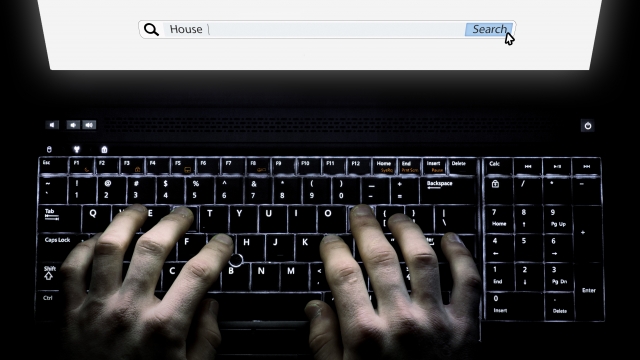Almost everyone in Washington, regardless of party background, has a gripe with a controversial piece of legislation known as Section 230.
It's a small piece of the much larger Communications Decency Act signed in 1996, just a few years after the birth of the World Wide Web, that protects internet companies from being held liable for content published on their platforms and for moderating that content "in good faith."
Unlike a broadcaster or a newspaper, an internet company is not considered a publisher and can't be held responsible for posts written by its users or for taking down or promoting any of those posts.
Section 230 helped to establish the rules of the road on the internet when online chat rooms and bulletin boards were just coming online for the first time, and it led to the proliferation of the internet as we know it.
"Without Section 230, I doubt we would have seen the explosion of speech online and especially speech from everyday people, from you and I, from the non-elites," said Ari Cohn, free speech counsel at TechFreedom.
But as the internet has grown and evolved, so have concerns over the law.
Lawmakers in both parties have called for Section 230 to be reformed, with Democrats, like New Jersey Rep. Frank Pallone, citing concerns over tech companies' failures to moderate hate speech, disinformation and other harmful practices on their platforms.
"Big tech has turned the information superhighway into a super spreader of harmful content, invasive surveillance practices and addictive and damaging design features," Pallone, the ranking member on the House Energy and Commerce Committee, said during a recent hearing.
Republicans have blasted big tech for censoring conservative-leaning speech online.
"If you're somebody who doesn't have the approval of big tech, if you're somebody who doesn't have an inside track to the good graces of the tech giants, well, the message to you is simple: Do what tech tell you to do, or they'll silence you," said Sen. Josh Hawley, R-MO, in a speech on the Senate floor while introducing legislation to reform Section 230.
SEE MORE: President Trump and Joe Biden want to revoke a seminal Internet law
While tech policy experts acknowledge these issues, they argue Section 230 itself isn't the root of the problem and has become a political football. They argue legislation should focus on specific solutions like enacting tougher standards for online advertisements and building more transparency around the use of artificial intelligence.
"People tend to blame everything that happens on the internet on Section 230, but there's very specific problems. We need very specific solutions to those problems," said Cameron Kerry, visiting fellow at the Brookings Institution and former acting secretary of the U.S. Department of Commerce under President Barack Obama.
"The problem is we are not having serious conversations about this. We are having political conversations about this," Cohn said.
Tech policy experts also point to past attempts at reform that have had unintended consequences.
In 2018, Congress passed a pair of bills that removed Section 230 protections for internet companies that seemed to be enabling or promoting online sex trafficking. But a Government Accountability Office review of the legislation found that it actually made it harder for law enforcement to find and catch sex traffickers because they moved their operations to the dark web or to online platforms overseas.
Now the Supreme Court may wade into the debate.
In February, the Court heard arguments in a case over whether or not internet algorithms that organize and recommend certain content to users amount to speech by a publisher. If the Court decides that it does and that tech companies can be held liable for that speech, experts worry it could break the internet as we know it.
"You have to organize it somehow, and where do you draw that line for what is good organization and what is bad organization?" Cohn said. "It seems to me that there is no way to draw that line without breaking everything."
Trending stories at Scrippsnews.com



